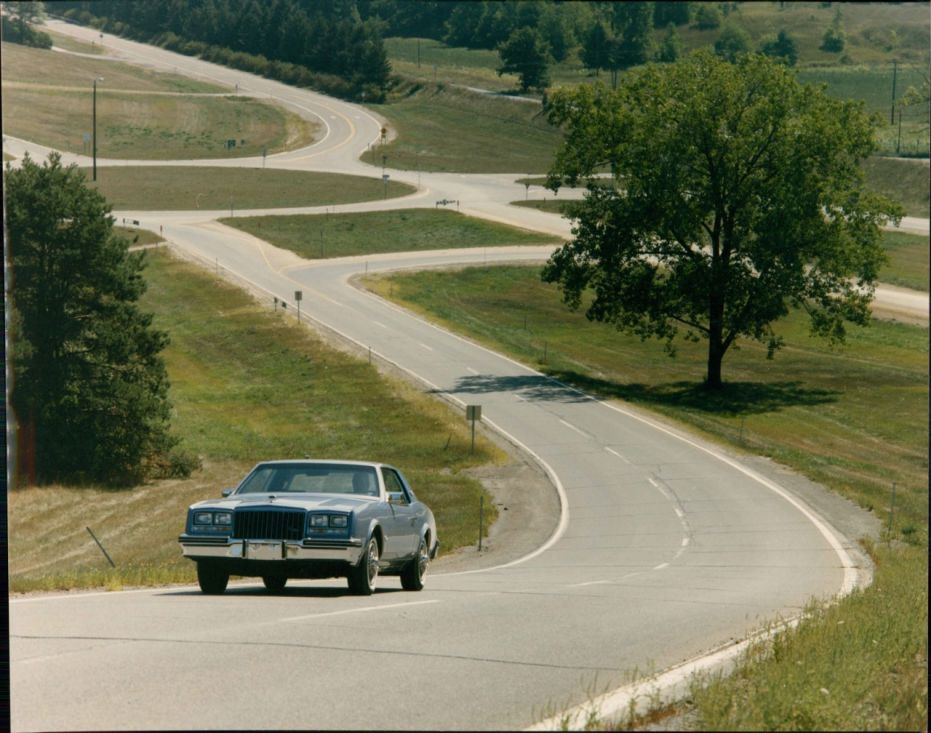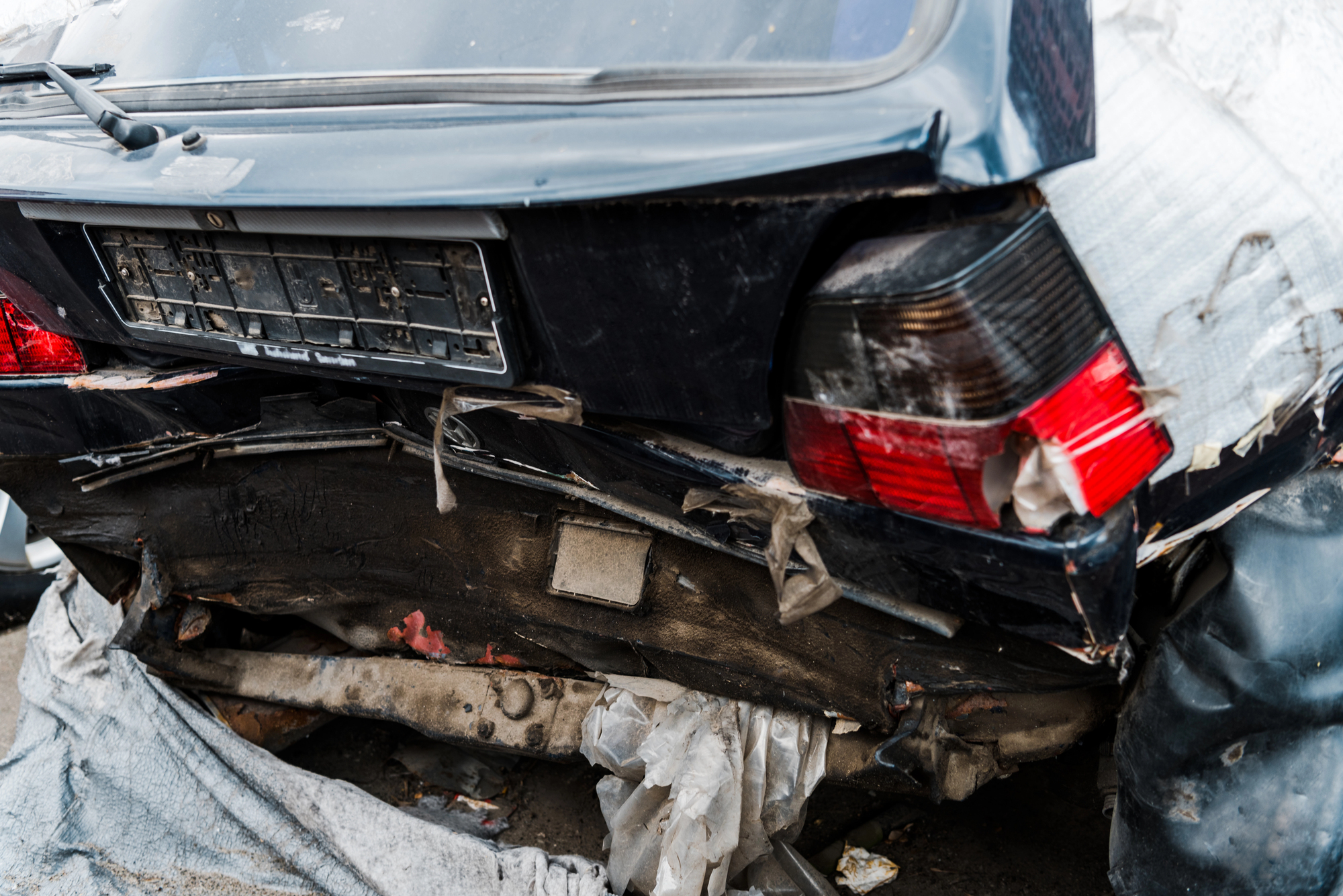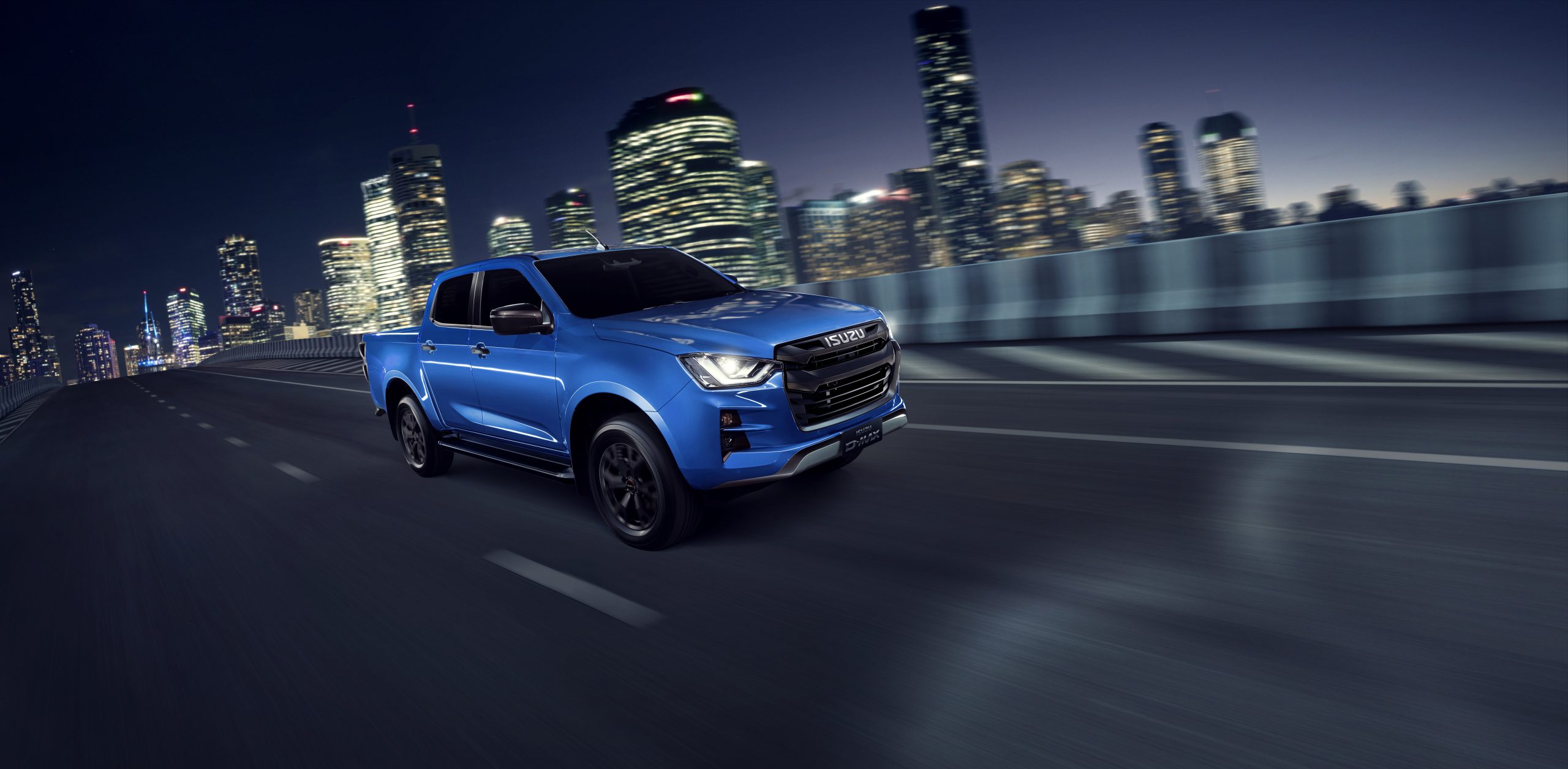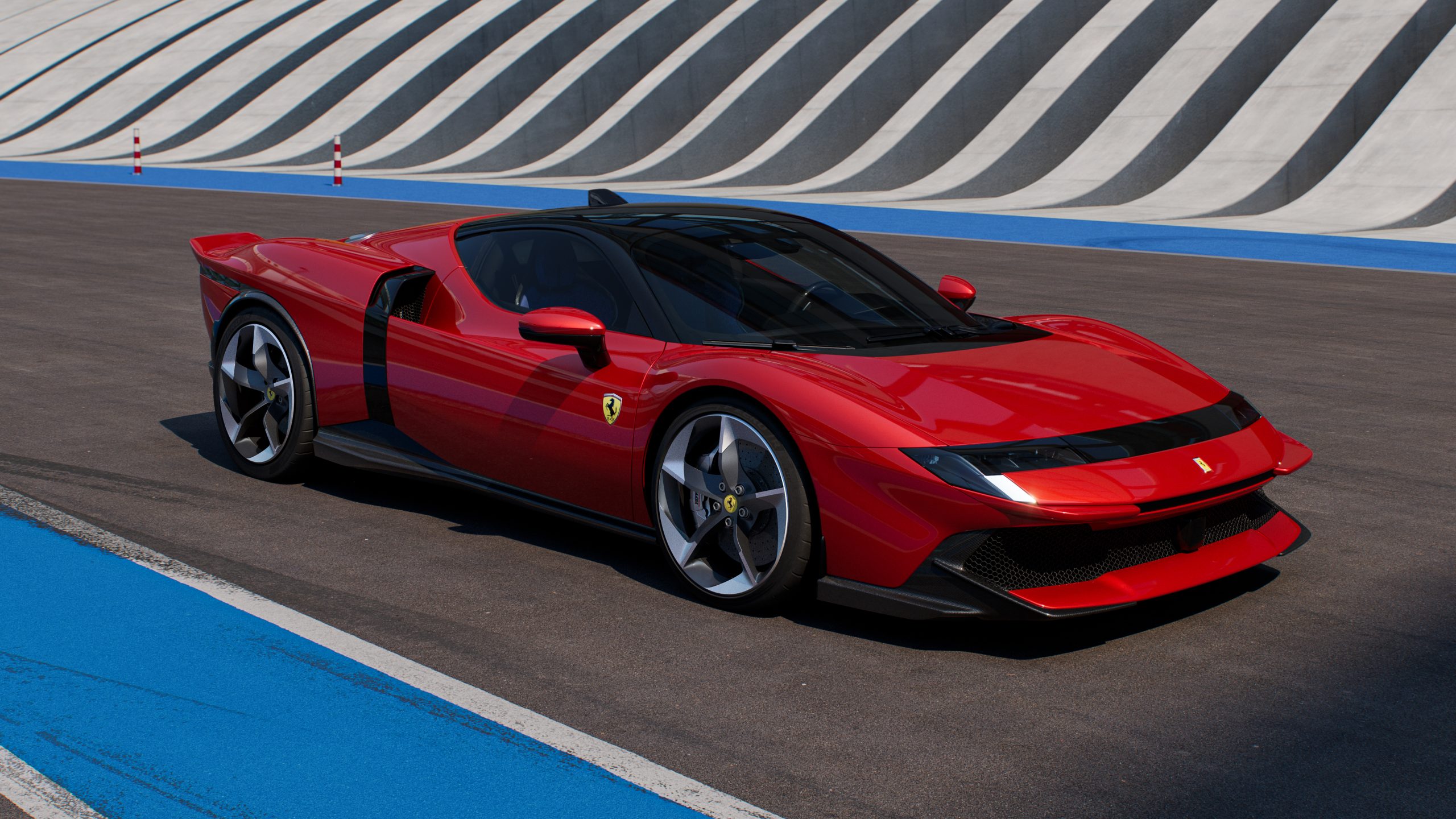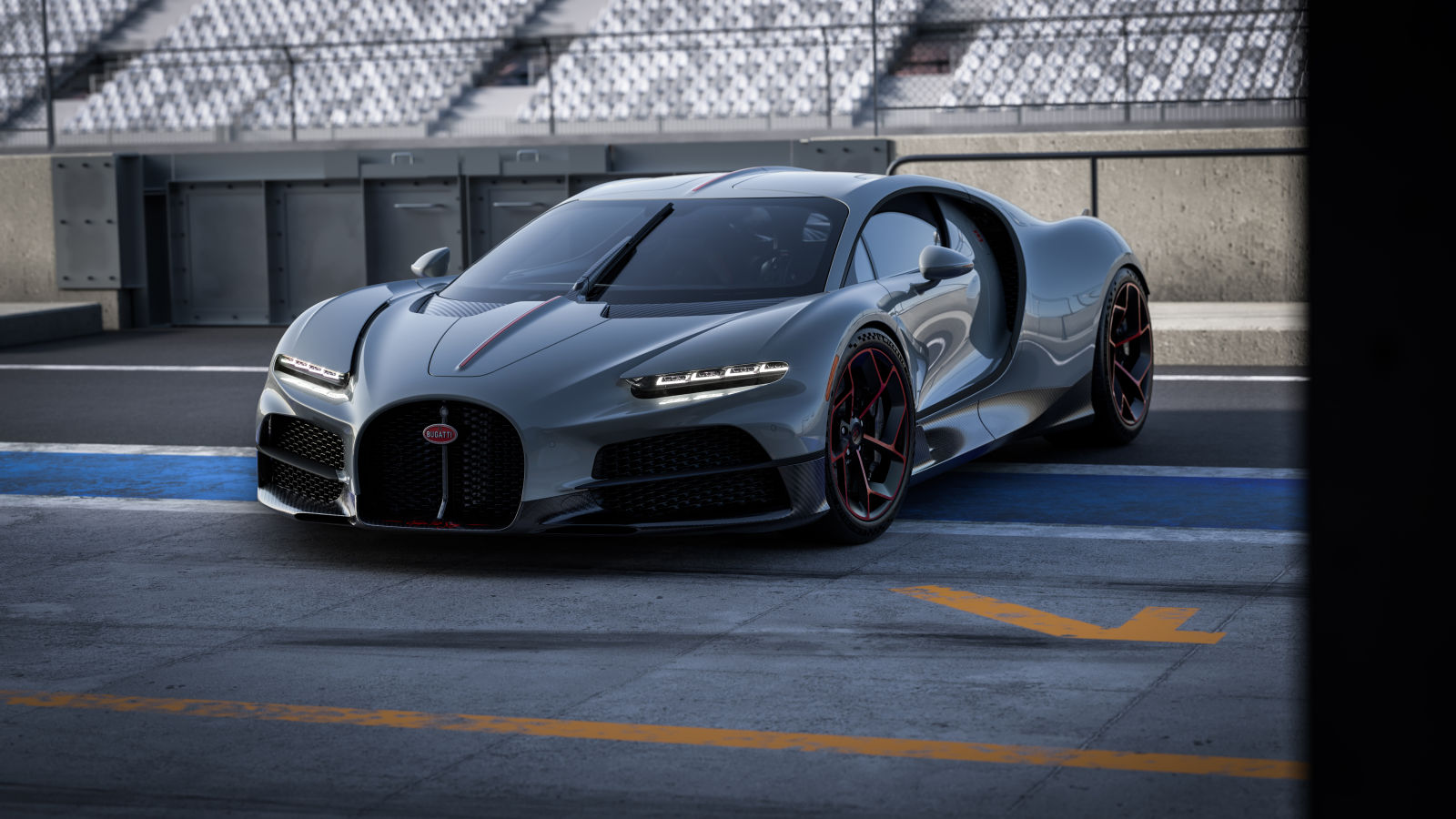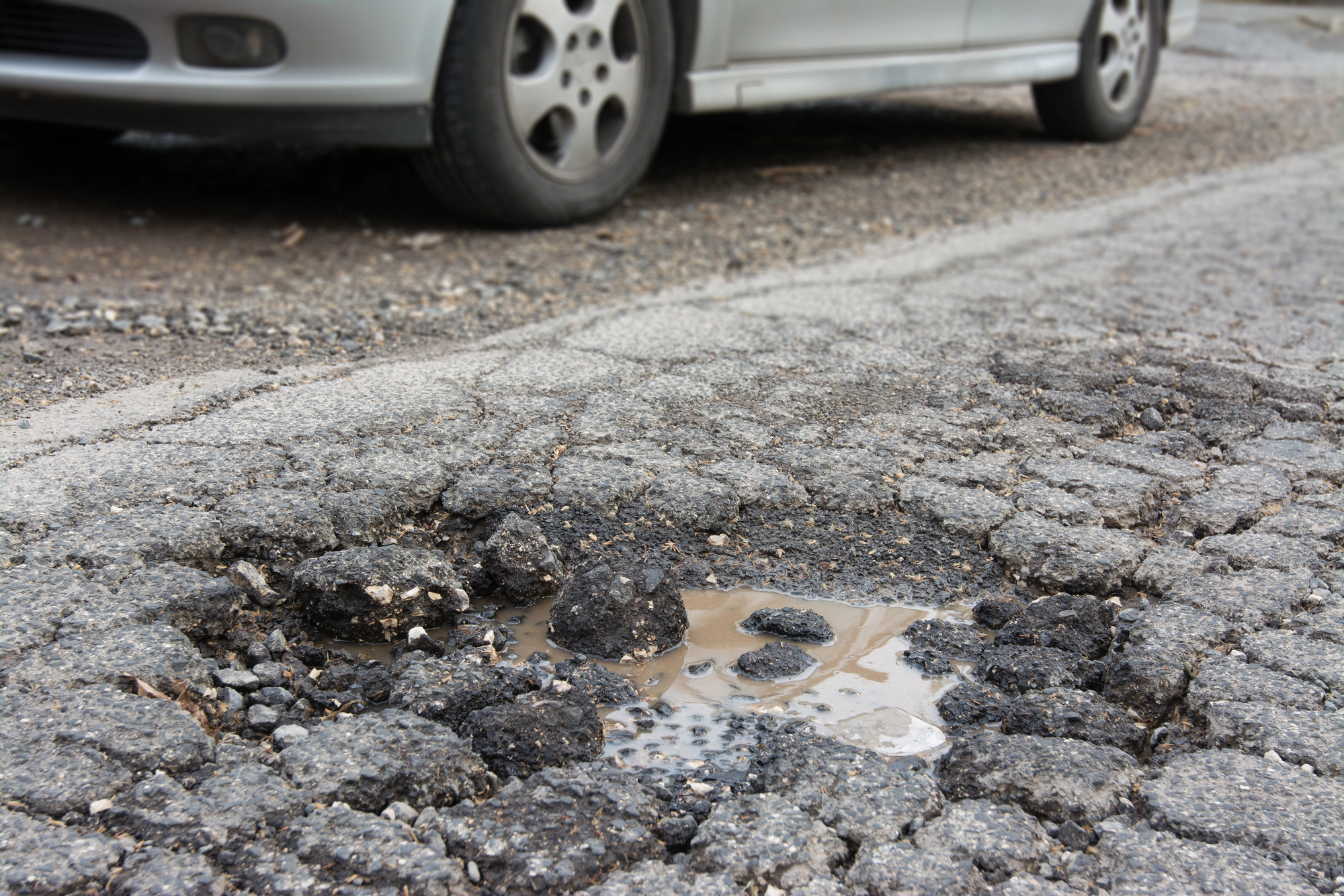Ford Warns Battery Jobs At Risk Without EV Credits
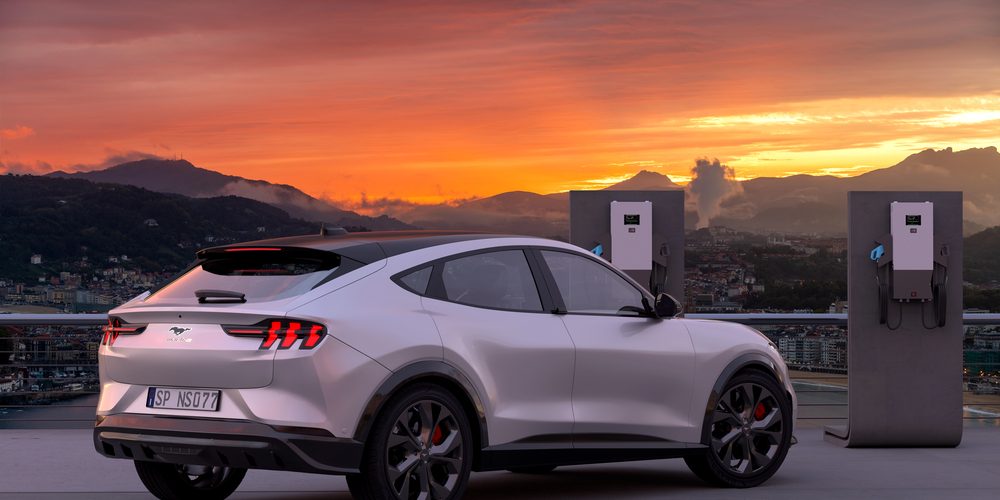
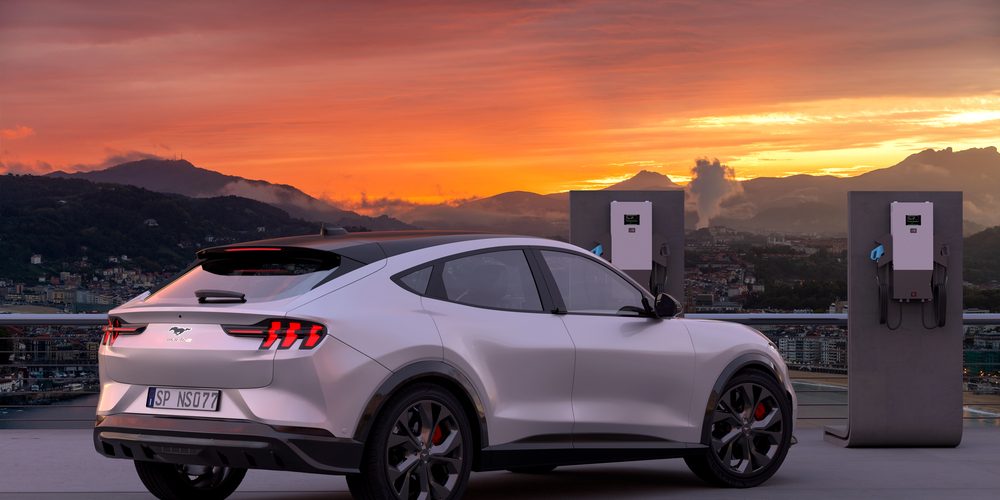
- Ford says Michigan battery plant jobs could be threatened by subsidy cuts
- Company expects $2.3B from key federal tax credit between 2026–2029
- Plant to produce LFP batteries for next-gen affordable EVs
Ford Motor Co. is ramping up its push to safeguard clean energy subsidies, warning that proposed cuts in Washington could jeopardise future jobs at its $3 billion electric vehicle battery facility in Marshall, Michigan.
The plant, which is expected to begin production in 2026, will manufacture lithium iron phosphate (LFP) batteries and employ around 1,700 workers. Once complete, the site will cover 2 million square feet and produce up to 20 gigawatt-hours of battery capacity annually. The project has faced political scrutiny since Ford revealed it would license battery technology from China’s CATL, the world’s largest battery maker.
“It would be a shame to build these facilities and then all of a sudden you have to scale back on the most important part of it, which is people,” said Lisa Drake, Ford’s vice president of platform programs and EV systems, during a media tour of the Marshall site on Monday. “We want to spend our investment creating manufacturing jobs here.”
The warning comes as Congress considers removing key incentives under President Biden’s Inflation Reduction Act, including a production tax credit known as 45X. That credit rewards domestic battery manufacturing and could bring Ford an estimated $2.3 billion in benefits between 2026 and 2029, according to Benchmark Minerals.
Ford Executive Chair Bill Ford previously expressed concern at a policy event, saying, “It’s not fair to change policy after all the expenditures have been made.”
LFP battery production has been dominated by Chinese manufacturers. Ford argues that licensing the technology from CATL is a necessary step to remain competitive and accelerate production. The company maintains full ownership and control of the Marshall site, which it says would be the first facility in the U.S. to produce LFP cells specifically for automotive use.
The project has already been scaled back. Ford initially planned for the plant to supply enough batteries for 400,000 electric vehicles, but that target was reduced to 230,000 units as EV demand cooled.
To better compete on affordability, CEO Jim Farley has launched a project led by a former Tesla executive to develop a line of sub-$30,000 EVs. The Marshall plant is intended to supply batteries for those upcoming models.
If you enjoyed this article, be sure to follow us on Microsoft Start.


